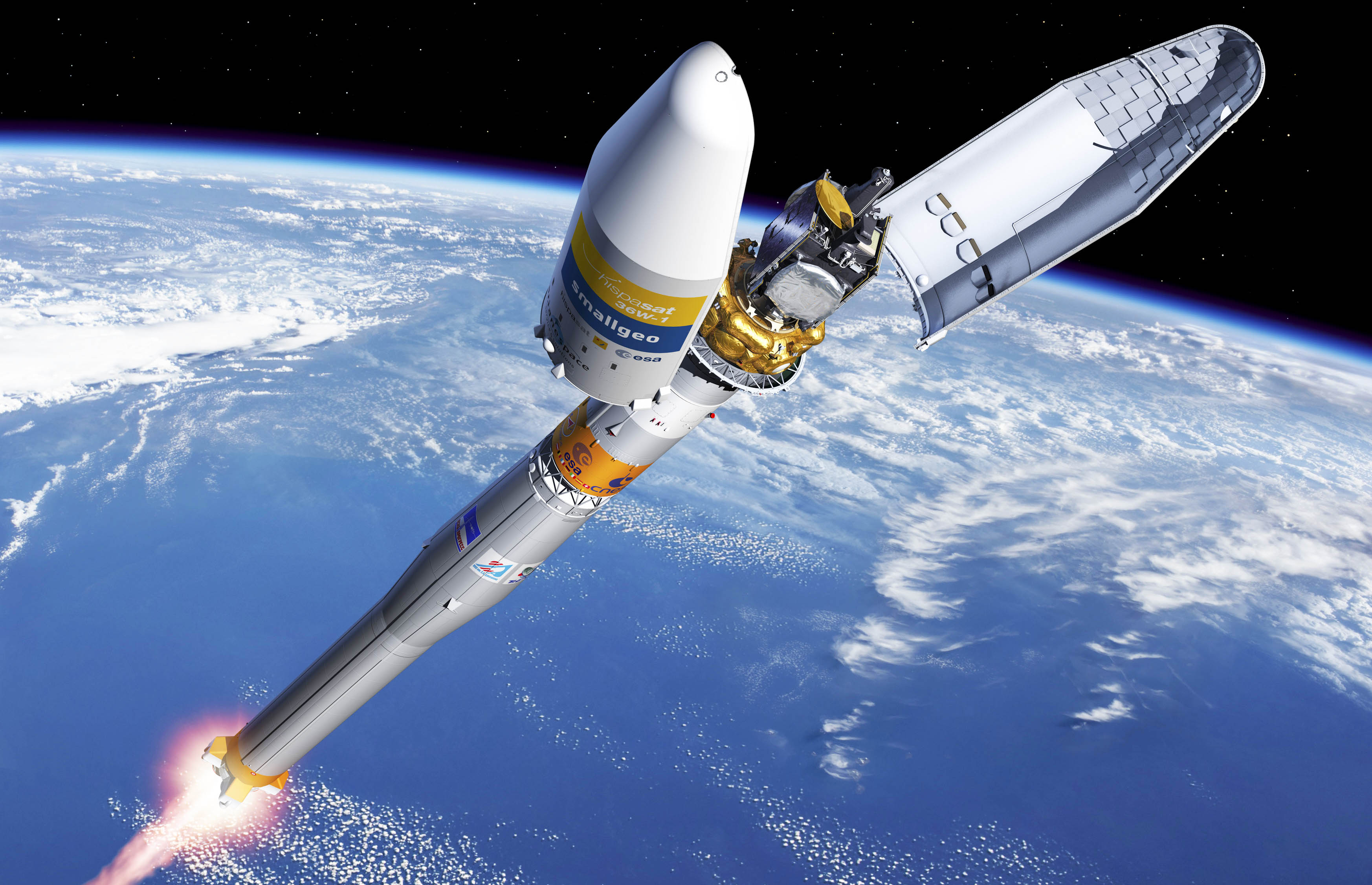Founder and managing director Charles Simpson says the company's goal is to support sustainability across the UK spaceflight sector by developing technology to assess the feasibility of recovering payload fairings and other currently discarded rocket parts.
Its latest project, codenamed ‘Remora' after the sucker fish that hitches a ride attached to much bigger fish, will develop a small autonomous unit to sit inside a payload fairing and record its tumbling motion after being jettisoned from a launcher.
“The unit will measure and transmit data on external forces and the atmospheric conditions it passes through while falling back to Earth which means we can better understand the dynamic forces and environmental conditions experienced by these components during their return to the surface," says Simpson.
"Analysis of the data could then lead to the creation of bespoke recovery systems, as well as providing a splashdown location."
A key driver behind the Remora project is a lack of data on the fairing motion once separation has occurred. Whilst other studies have sought to model the motion and forces involved, the gathering of data other than video, has to date, been limited to major space launchers.
"The collection of inflight data using a Remora module will provide an innovative solution at a low financial and mass cost to the host vehicle and will prove invaluable to the creation of recovery system necessary for safe return and potential reuse," adds Simpson.
Other key features of the self-contained module are that it can store or transmit its data, is independent of and non-disruptive to any onboard systems, has an extended standby mode to accommodate early integration and is platform agnostic – having a reconfigurable form factor to accommodate different fairing mounting requirements.
"We're delighted to be making strides in developing new and innovative recovery systems and associated hardware," says Simpson, who runs the company from offices in the cathedral city of Lincoln.
"Whilst this project initially targets UK launcher provision and aims to help place the UK in the lead for sustainable spaceflight, we also anticipate working with launch companies based across the world," he adds.
Reusability to promote and or encourage more sustainable space activities is one of the current hot topics in both the UK and global launch sectors.
While not strictly ‘space debris' in the traditional term, Simpson says it is important to recognise rocket parts such as fairings should not contribute to the debris falling into and being abandoned in the marine environment.
Raven Dynamics also believes that once the technology is proven there will be market transfer options for such a module in other areas that would benefit from similar systems.
Illustration credit: ESA/Pierre Carril
Editor’s note: Charles Simpson and the author are not related, other than by name.











